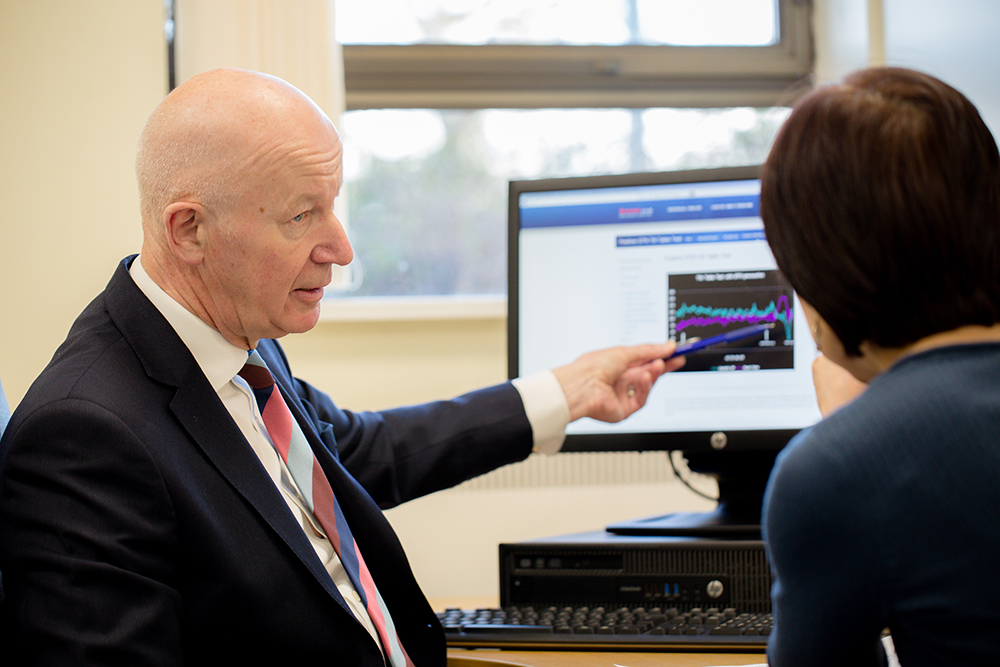You may not have any symptoms, so your GP may diagnose high blood pressure when he or she takes your blood pressure as part of a medical examination. That’s one good reason to have a regular check-up with your GP, especially if you’re over 40.
The lower your blood pressure, the better for your health. Your blood pressure should be kept below 140/85. If you have diabetes, cerebrovascular disease or cardiovascular disease, your blood pressure should be lower than this – ideally less than 130/80.
You may also need some tests to see if high blood pressure is affecting the rest of your body. These may include:
• a urine test – protein in your urine may be the first sign of a kidney problem
• a blood test to check your cholesterol and blood sugar levels, as well as the condition of your kidneys
• an electrocardiogram (ECG) – a test that measures the electrical activity of your heart to see how well it’s working
Monitoring
You may be offered 24 hour BP monitoring at home if your GP thinks you may get ‘white coat’ hypertension – high blood pressure when a doctor or nurse measures it. A monitoring device is strapped round your waist and attached to a cuff wrapped around your upper arm. The cuff inflates and deflates automatically throughout the 24 hours and takes recordings of your blood pressure.
You might consider getting a blood pressure monitor to use yourself at home – discuss this with your GP. The British Hypertension Society lists clinically validated blood pressure monitors. A particularly good one is this one.
It’s important to take readings at different times throughout the day, and on different days . You shouldn’t measure your blood pressure when you feel stressed. Set days in the week to take the measurement so that you can get a consistent reading.
On each occasion take three readings, about one minute apart, when lying flat and feeling relaxed. The reason for taking s number of readings is that one often sees an “alerting response” on first measuring blood pressure. This settles when you take further readings. So, record the lowest reading you get.
For more information on Hypertension please do not hesitate to get in touch with Dr Deering through our appointments page.


